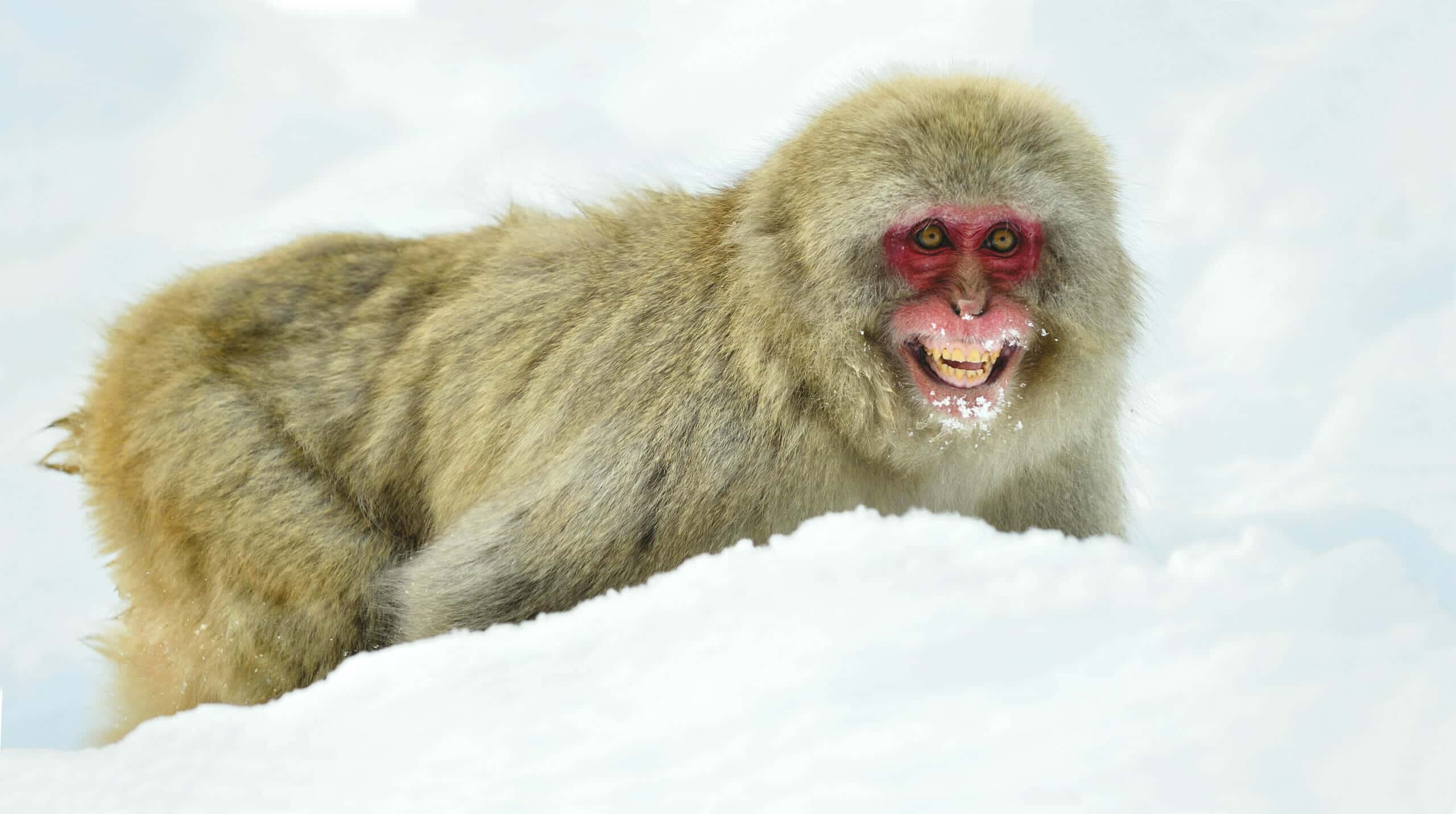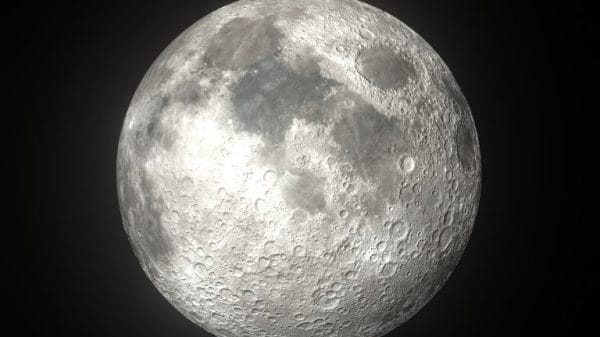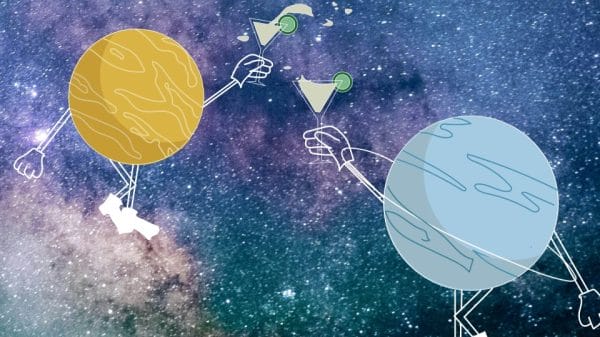It has just emerged, that comprehension on human evolution may be explained through strange markings found in the teeth of Japanese macaques.
The unusual marks on the monkey’s teeth may hold information about how we evolved according to the American Journal of Biological Anthropology.
Prior to this study, it was widely accepted that the markings found on human teeth held the story about how we evolved.
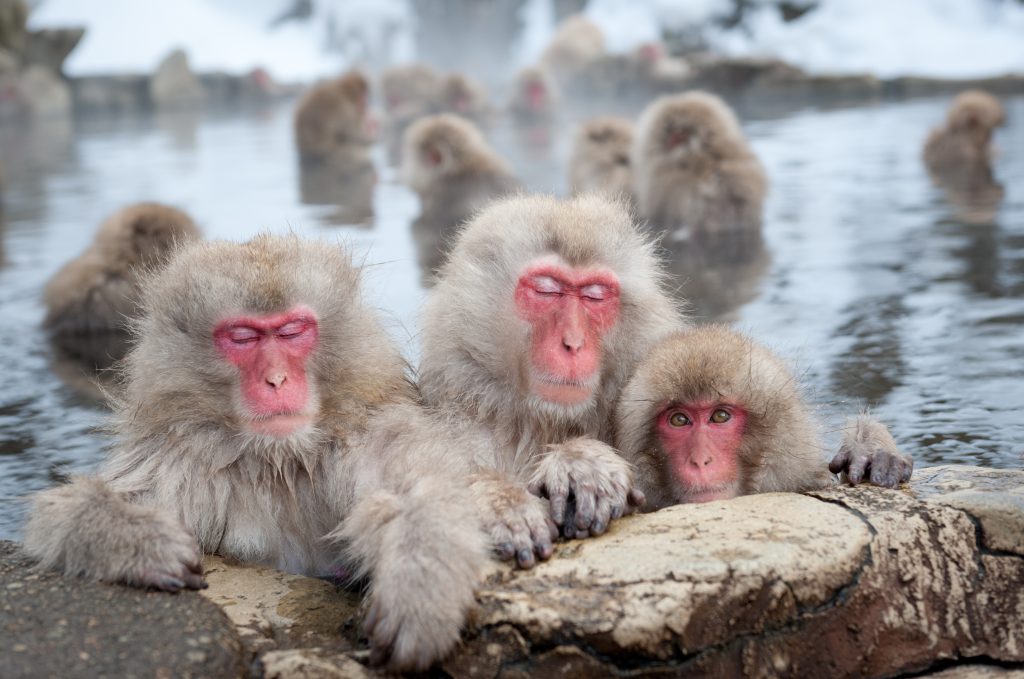
Research had found toothpick-like grooves inside of human teeth that looked as though the teeth were eased of pain or removed food from between them.
Recently, the possibility of this theory no longer being accurate has come into question after finding the same patterns in monkeys who did not use tools.
The marks found inside the teeth of monkeys could be described as. ‘accidental ingestion of sand’ and the ‘oral processing of marine mollusks’.
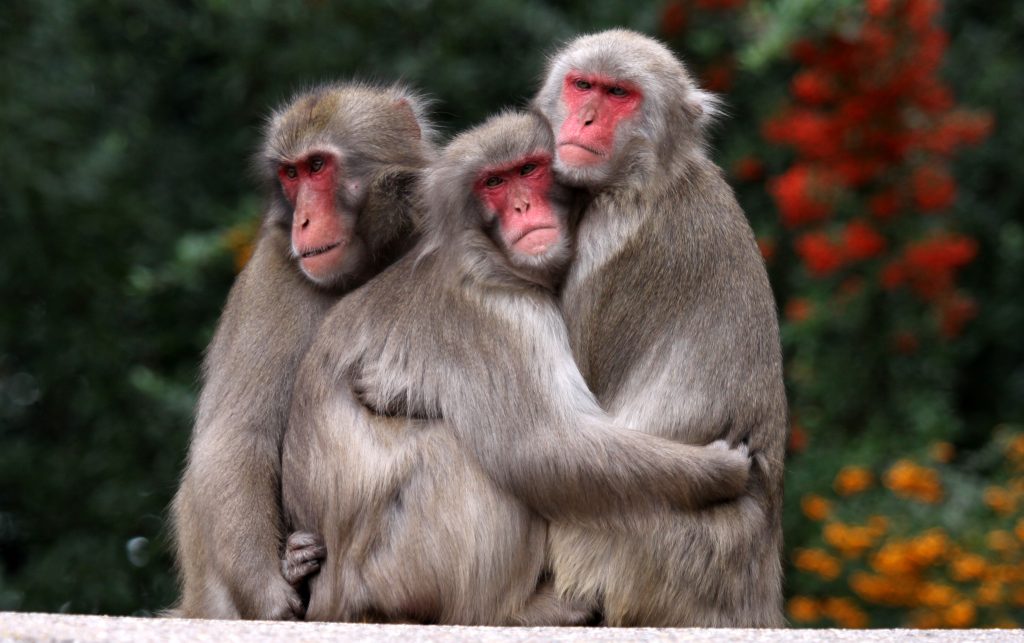
As per the independent, the understanding surrounding humanity’s cultural evolution with tools could be challenged by these findings in the context of pre-historical times.
Ian Towle, co-author of the study had this to say,
‘Up until now, the large scratches in the front teeth of fossil humans have been considered to be caused by a behaviour called ‘stuff and cut’, in which an item such as an animal hide is held between the front teeth and a stone tool is used for slicing.’
Towel later explained that the markings found in human teeth were often associated with the use of different tools that caused the ‘unusual wear’ in our ancestors’ teeth.
Towel also said,
‘However, our research suggests this idea may need reconsidering since we describe identical tooth wear in a group of wild monkeys that do not use tools.’
After studying the macaques for over 70 years, tool use has not been observed in that time.
However, the was observation of the species washing their food and eating fish.
Studies like this one, assist in answering questions that people often have about the evolution of our species based on findings prominent in like organisms.
As Towle also said,
‘We are so used to trying to prove that humans are unique, that similarities with other primates are often neglected. Studying living primates today may offer crucial clues that have been overlooked in the past’.
Check out how Human aging could potentially be reversed- here’s how.


